What to Look For (And Avoid) When Buying a Blog
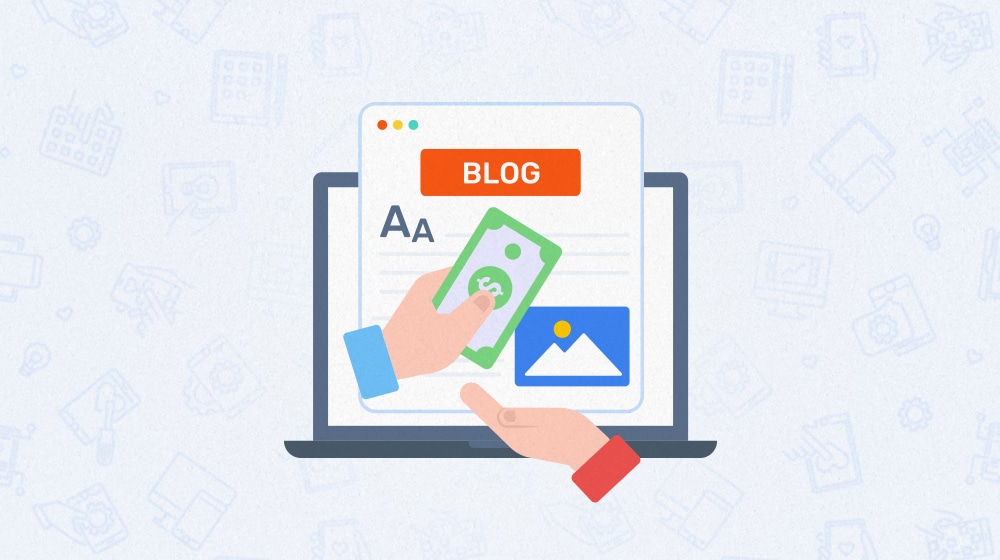
Building a blog from scratch is hard. You're likely to spend at least six months in Google's sandbox, toiling away with no visible effect or feedback, and once you're free, it's a long and slow process growing without significant monetary investment. Trust me, I've done it several times.
It takes a certain kind of person to not just want to build a blog. Fortunately, those kinds of people love to do it and frequently don't just build blogs; they build blogs for a living. They'll build a blog, get it to a point where it's relatively stable, and then sell it and move on. It's a great option; the payday can be rolled into building up the next one, and the creator can avoid getting overly bored by running the same thing for years at a time.
This is also great for the folks who:
- Hate toiling away on a project with no visible results.
- Desire more immediate feedback or immediate returns on an investment.
- Want to break into a competitive niche with the foundation already laid for them.
That is, the people who want to buy a blog and run it. There's a lot of you folks out there, and it's a good thing, too, because otherwise, that first group of blog-builders wouldn't have an outlet.
When you're looking into buying a blog, there are quite a few details that you should watch for and evaluate. After all, you don't want to spend money on a blog that's going to curl up and die despite your best efforts. So, what should you pay attention to when you're evaluating a blog you might want to buy?
Let's dig in!
Personal Interest in the Niche
The first and, arguably, one of the most important things you need if you're going to buy a blog for long-term ownership is a personal interest in the niche.
There are subjects in this world that attract passion from some people and revulsion from others. There are many subjects that are specialized, take a lot of effort to learn about, and are pretty boring to anyone who isn't already interested in them. If you don't care about engineering and fabrication, buying a welding blog probably isn't a good idea. If you don't care about sports, don't buy a blog focused on recording the history of local football teams. If you're not a fan of cars, don't buy an automotive blog.
People can tell when you just don't care. You get things wrong, you lack nuance, you only cover surface-level topics, and you bring nothing to the table.
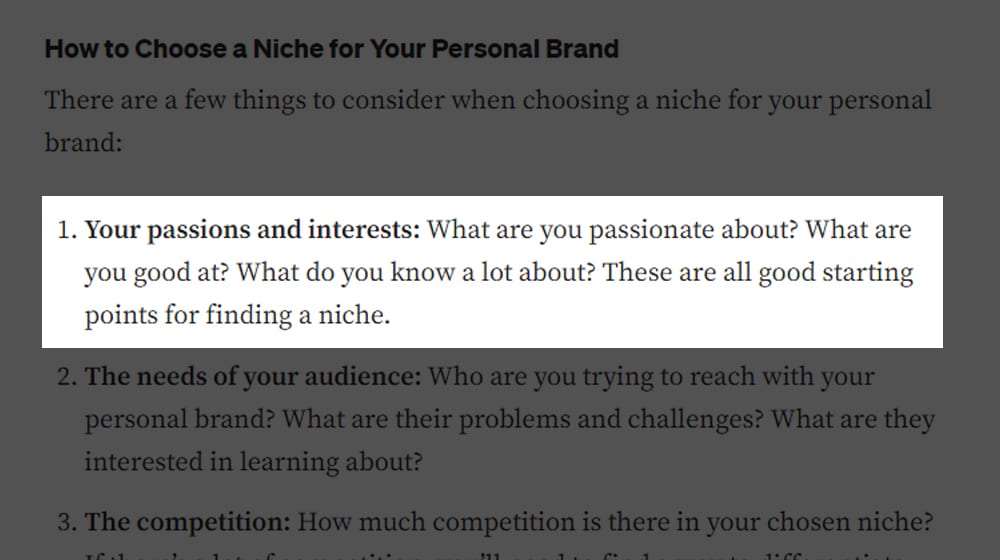
Now, I framed this as "for long-term ownership" for a reason. If you're buying blogs so you can put some effort into them, shine them up, and resell them after 6-12 months, that's a different beast. You can fake it for that long, using professional-grade tools to come up with content topics and paying talented writers to write the content while focusing your sights on monetization and technical improvements, and add enough value in that time to resell for a profit even with the investment.
If you're buying a blog to keep and run as your own, though, you need that personal investment in it. If you just don't care, there's a very good chance you're going to eventually let the site languish and lose momentum and income. It just isn't worth it.
Length of Site History
The age of a site is a minor ranking factor in two ways.
The first is that the older a site is, the more Google assumes it has some amount of authority to it. This does require that the site be consistent, though; a site that was founded in 2002, updated until 2003, and sat dormant with no new content until 2023 isn't going to benefit from that age very much, at least not right away. Meanwhile, a site made in 2016 that has had daily updates ever since is going to have a lot more authority based on that age.
The second is that young, new sites are often in the Google Sandbox period. The first 3-6 months (if not longer) of a site's existence is a period of low feedback and low value; most sites in that range don't rank very well. A relatively new site isn't going to have that kind of age-based authority to it.
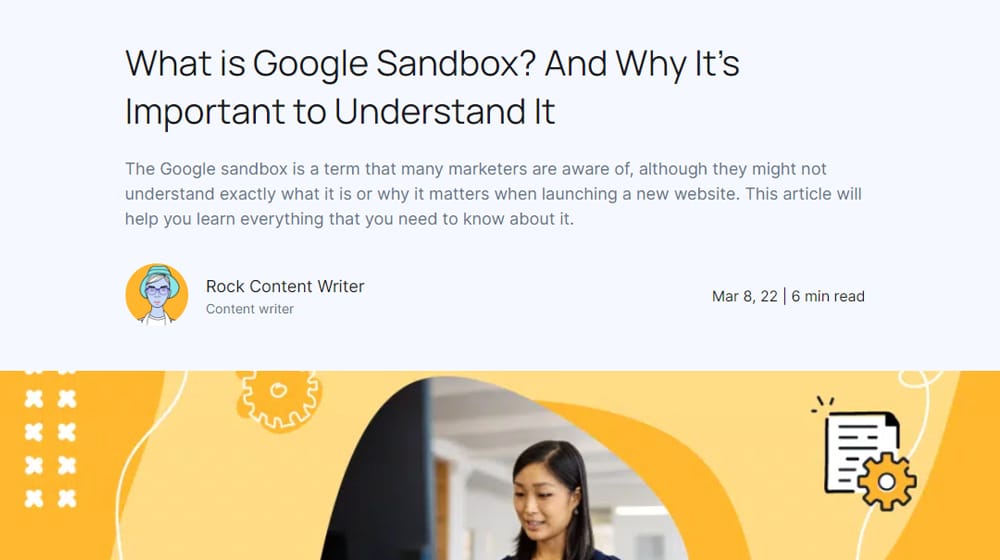
Another reason why the age and history of a site are important is consistency. A site that has only really existed for six months and has had growth in that time might still be a flash in the pan, something that may only be relevant or interesting for a year before dropping off.
You don't want to buy at the peak of the value of the site, after all.
Site Design and Functionality
Before you buy a site, it's very important to browse it and see how it works. Review it and look for answers to questions like:
- Are there code errors or issues visible on the page, like elements that overlap or aren't aligned properly or elements that don't render properly?
- Are there code errors under the hood that, even if they don't affect the rendering of the site or the visibility of the content, could impact rankings?
- Are there a lot of broken links, 404 pages, and other issues with the available content?
- Does the site have a good and functional mobile design with responsive code?
There are two ways you can go about this. The first is with a casual review, just clicking around the site, visiting it on different devices and with different levels of code blockers (NoScript, AdBlockers) enabled, poking around with the dev console to see what errors crop up in rendering, and so on.
The second is by using professional analysis tools. There are plenty of tools you can use to perform technical audits of a site before you consider making an offer.
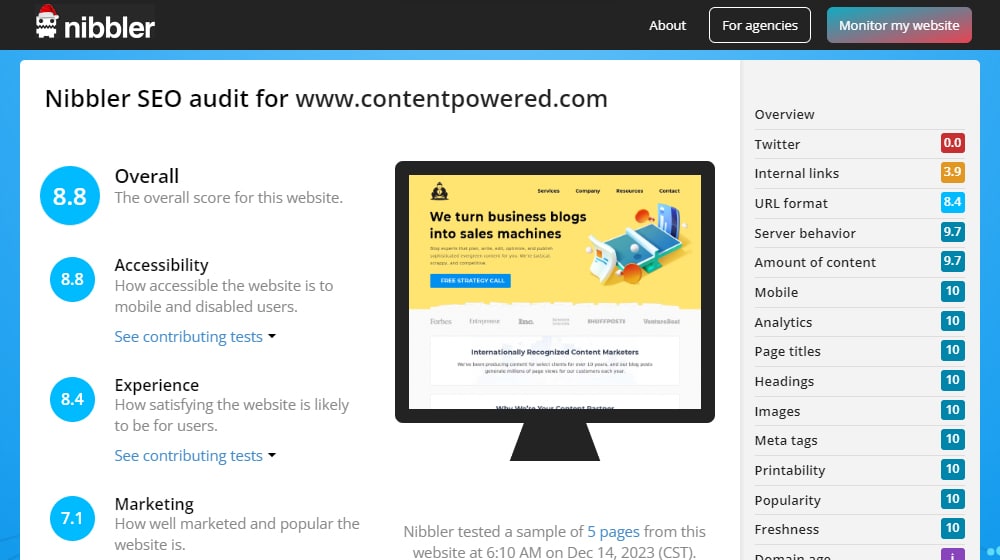
One thing to note here is that technical errors aren't necessarily bad. In fact, if a site is doing decently in other metrics despite having technical errors and limitations, that can be something you can fix to immediately provide value to the site.
That depends heavily on the kind of error, though, and requires all the other metrics on this list to be good.
Percentage of Site Indexed
Another important metric to check is how much of the site is indexed. You aren't likely going to be able to access the Search Console and Analytics reports to explore on your own, though the current site owner and seller might make some of that information available to you.
Instead, you might need to use an SEO tool like this one to check things like what percentage of the site is indexed.
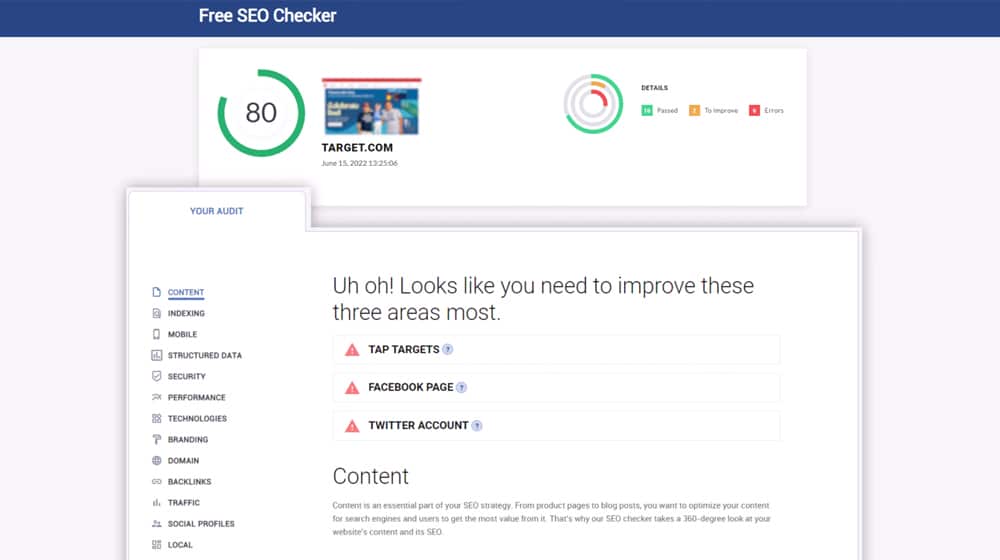
Oftentimes, sites can fall into the weeds, and Google may be slow on indexing them or find minor errors that they decide are enough to delay the indexation of a page. There are ways to promote indexing, and there are options for fixing pages that aren't indexed, but you ideally want to buy a site that doesn't have a bunch of indexation issues. They can be persistent and very annoying to deal with.
Of course, there's a pretty good chance that a site you're considering buying has a good amount of its site indexed properly; after all, without being indexed, it won't have traffic, and without traffic, it won't have income, and without income, it won't be worth selling.
Number of High-Quality Pages and Healthy Traffic Distribution
This is a big one, and it's one that many people overlook when they're more focused on overall site metrics.
How much of the site's traffic is coming from one or two pages?
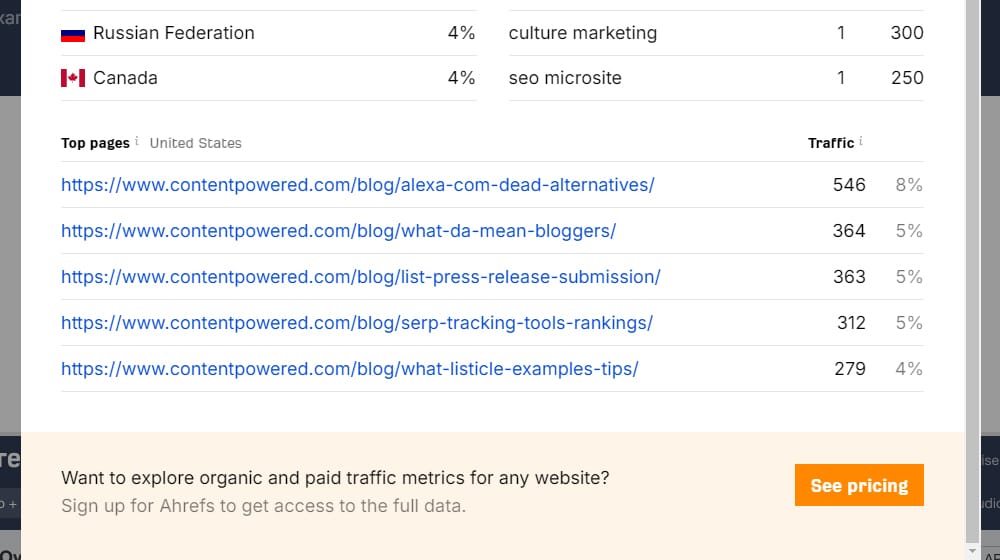
It's not uncommon for a site to have a single post, or maybe two or three, go viral. The surge in traffic, revenue, and perceived value of the site makes the site owner immediately consider selling, and they list the site.
If you buy it, there's a decent chance that the traffic will drop off. Even if it doesn't, and those couple of pages are resilient, you're still essentially putting all of your eggs in one basket. If another site with a larger following comes along and covers the same topic, stealing your market share, you don't have a resilient base to fall back on; you go from 100 to 0 overnight.
The same goes if something goes wrong and a page is deindexed or delisted, or you try to make changes to improve it and mess it up somehow.
In general, you want to look for sites that follow the 80/20 rule; 80% of the site's traffic comes from 20% of the pages. If it's closer to 95/5 or 99/1, well, you're much less resilient and worse off. You'll probably have a few pages that spike to the top of any site's distribution, but you don't want the entire site to be carried by just one or two pages. That's just asking for trouble.
Good Backlink Profile
Backlinks are another huge element of a successful site and can be a huge red flag if you spot something odd. Always do the best you can to perform a backlink audit before you buy.
There are two major red flags to watch out for.
The first is that most of the backlinks come from sites that don't have much to do with the site or the pages they link to. A site with a ton of links from Chinese or Indian pages, a site with links from a variety of unrelated subject sites; these are signs that the links don't actually carry value, and there's a reasonable chance Google will remove their SEO value in the future.
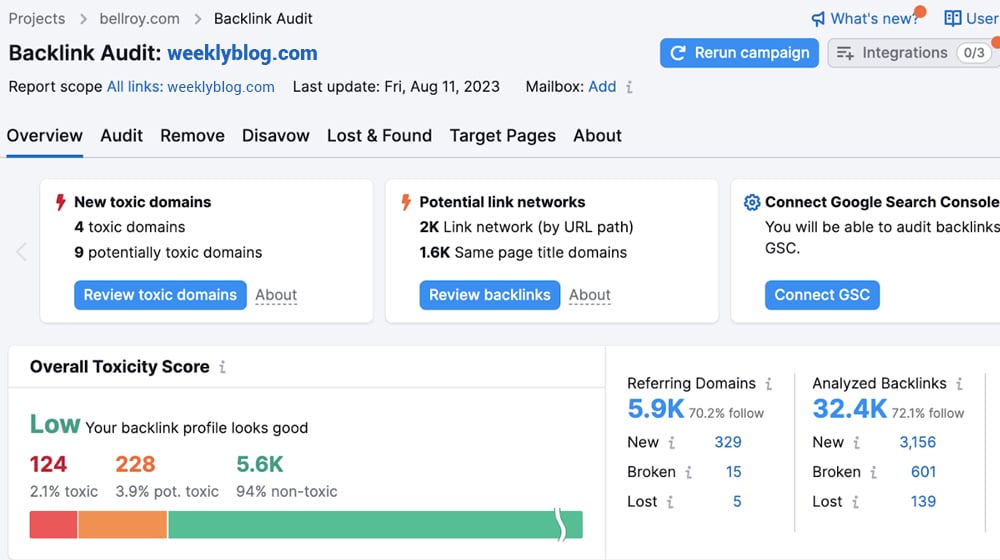
The second, and the more important to diagnose, is if the links are coming from a PBN. Maybe a bunch of links come from domains that have a suspicious pattern in format, content, or structure. Maybe all those sites have the same owner and WHOIS information. Maybe those sites all seem fine, but they also all link to each other.

Identifying a PBN-Built site is critical for two reasons. One is that Google hates PBNs and is liable to penalize every site using one when they find it, which means those links can go to zero or negative value very quickly. The second is that you don't own or pay the PBN. A common scam in website brokering is to pump up a site using a PBN, sell it, and then strip the PBN links, leaving it to flounder while the PBN owner repeats the process.
Evergreen Value in Content
I already touched on this one somewhat above, but it's important to give it a space of its own. Any site you buy, you want to be able to hold its own even before you start putting effort into it. That means the site should have a significant proportion of evergreen content.
Now, not every page on the site needs to be evergreen. In fact, it's a sign of a healthy, organic site to have some amount of content be timely and time-sensitive. It's hard to run a site divorced from the flow of time.
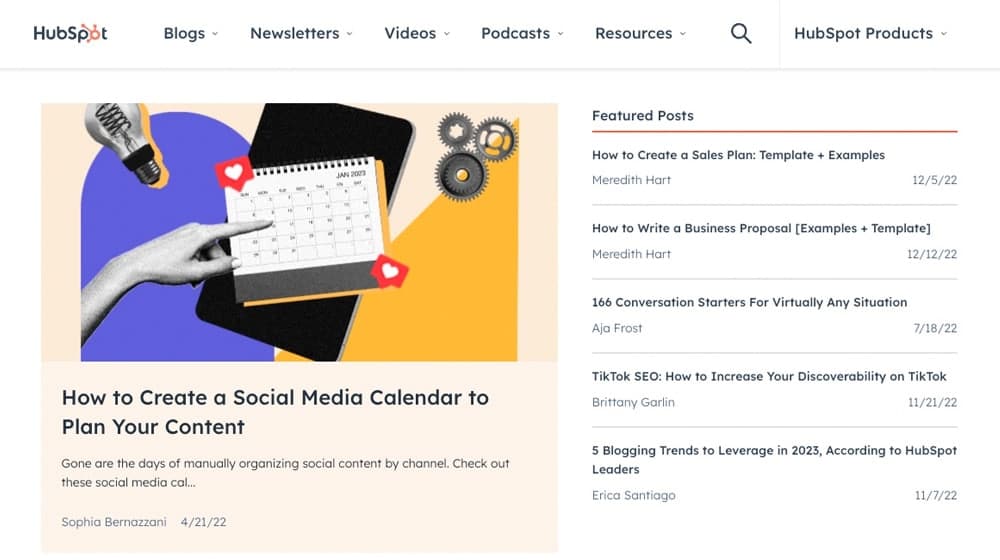
The biggest risk is actually that the site looks evergreen but is really just timely on a longer scale. A site dedicated specifically to usage tips of a single version of a piece of software, a site dedicated to a specific one-off event, a site dedicated to a game series that might not get new entries for who knows how many years, these kinds of concepts are difficult to pivot (depending on the branding) and have a steep drop-off when they're no longer relevant.
Part of this comes down to an awareness of the subject, which comes back to having interest and passion in the niche. If you don't know enough to be able to identify whether or not the content is evergreen, it's probably not a site you should buy, at least not until you've done enough research to be sure.
Natural (or Explicable) Traffic Growth
Again, something I've touched on but is worth spending more time on is the growth profile of a site. If it spikes out of nowhere, it's likely to drop just as quickly. Viral surges in traffic are very hard to capture for long-term value.
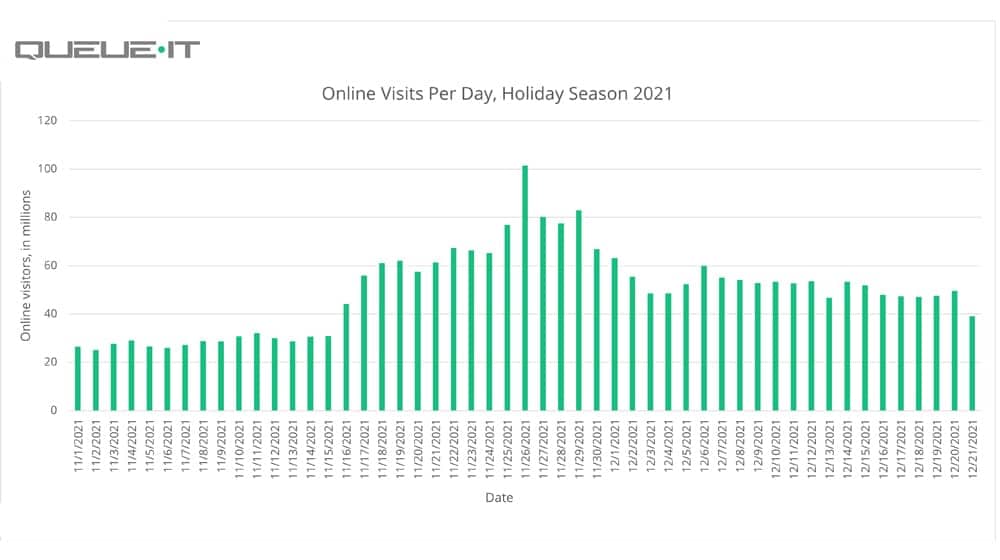
One thing to look for in particular is how natural the traffic growth is. There are a lot of ways you can pay for traffic and even ways you can pay for traffic and make it look natural at first glance. Look for time-related surges that don't line up with real reasons why they would exist but do line up with, for example, billing cycles.
Typically, this is hard to identify on its own, but you can couple it with other red flags and bad impressions.
A site with a weird traffic profile might just be weird, but if the site also has a lot of very optimized anchor text, manual disavows of backlinks, and other vaguely sketchy practices in place, maybe it's a sign of something worse going on under the hood.
Reasonable Asking Price
How much will it cost you to buy the blog?
Obviously, the price range is important just in terms of whether or not you can afford it. But you also need to know if the price is reasonable and if the overall value of the site is likely to trend upwards or down without more work from you.
What is a reasonable price range? When it comes to websites, the answer is based on the site's income. Usual price ranges start at 12x the site's monthly income; that is, one year's worth of projected income. If the site makes $500 per month, that puts the price at $6,000.
This is usually a low estimate and a site priced to move. That itself can be a red flag – why do they want to sell it so fast? – but it could also just be someone who isn't confident in their ability to grow it further and would rather move on.

More often, you'll see sites listed for 20x to 30x the monthly income. For that same $500/month blog, that puts a price around $10,000 to $15,000. That's a more reasonable price range and is more what you're going to see for sites that aren't "clearance" but also aren't asking too much.
The typical high-end is around 40x, and that's a site that someone wants to get the most they can out of when they sell it. It's not priced to move, but the site owner is more confident in long-term value, so they aren't trying to sell it ASAP.
That said, if there are a lot of high-pressure sales and time-sensitive "buy now or you lose the chance" messaging involved, be very careful. A common scam in the website flipping community is to use a handful of techniques like PBNs and paid ads to fluff up and inflate a site's metrics, price it high, pretend it's a great deal, and use high-pressure sales to get you to buy. Once ownership transfers, all of that evaporates, and you're left with a shell.
Monetization Strategy
There are a few different ways to monetize a blog.
- You can run display advertising and get a few cents for every thousand views.
- You can run affiliate links and get a commission when people buy from your links.
- You can sell sponsored post space and open up to guest posting for a fee.
- You can run external methods of support, like Patreon.
- You can hide some of your content behind a paywall.
- You can sell products directly via dropshipping or a storefront.
So, how is the site you're buying monetized?

Most of the time, it's going to be display ads, affiliate links, dropshipping, or simple digital storefront items. The others tend to be either harder, less common, or follow the seller instead of the site.
The red flag here is a site that runs entirely on display ads. These are the most fragile and among the least valuable ways to monetize a site, and you should generally avoid buying a blog that relies on them. This is also often coupled with the pump-and-dump with a high asking price; they'll find a few keywords with high-paying display ads, rake it in for a few months to get the metrics and sale price up, all while knowing the value of those keywords is doing to drop like a rock very soon.
Should You Buy a Blog?
Knowing what you do, should you buy a blog? I say go for it. Starting a blog from scratch is a long, tedious, and not very rewarding process, and it can be quite an investment with no return for years if you aren't careful. Buying a site that already makes money allows you to skip the hard part and get to the good part, assuming you can afford it.
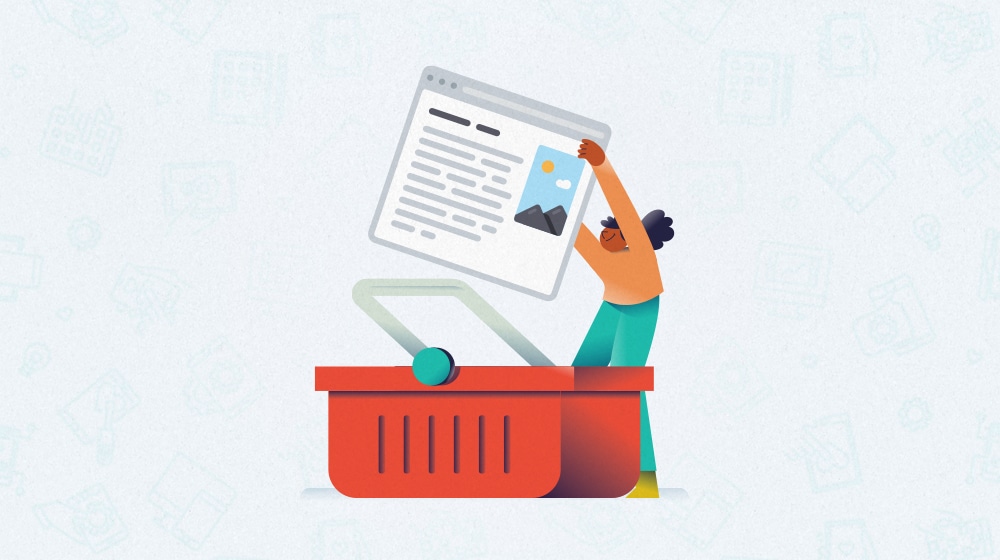
Plus, if you need content for that new site you bought, why not hire me? I've been running Content Powered as a full-service content marketing agency for years, and I'm happy to say I've helped a wide range of sites, from small to huge, grow their traffic and revenue.
Drop me a line if you're interested!



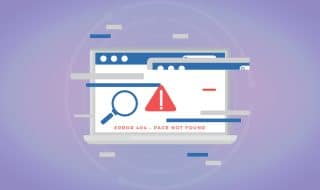

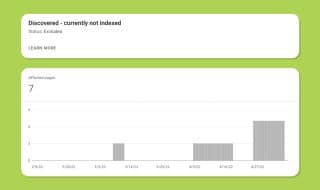




Comments